What Are Recreational Activities?
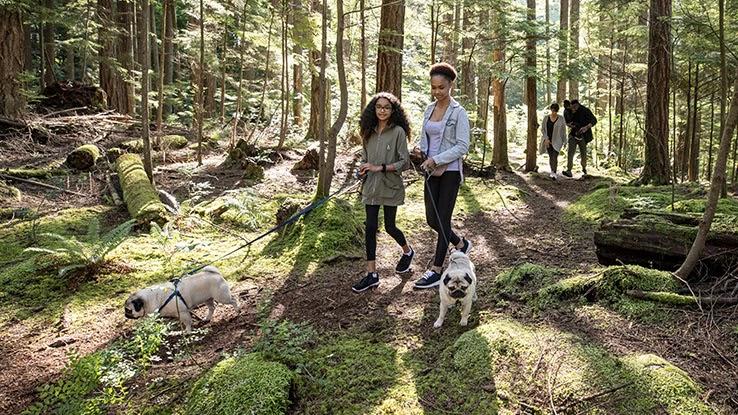
Physical activity, recreation and time spent outdoors are vital parts of a healthy lifestyle. Not only do recreational activities provide great exercise, but they also have the potential to be engaging activities that can help you center yourself, clear your mind or bond with friends and family. Time spent outside is always well spent. From the physical benefits to the mood-boosting and mental advantages, we’ve rounded up all the reasons recreational activities are great for your mind, body and soul.
The Physical Benefits of Recreational Activities
When you think of exercising, you probably picture lifting weights in a gym. Many recreational activities, however, are also great forms of exercise. Essentially, recreational activities are outdoor pastimes that you engage in mainly for your own enjoyment or as personal pursuits — to relax, get fresh air, exercise and live in the moment.
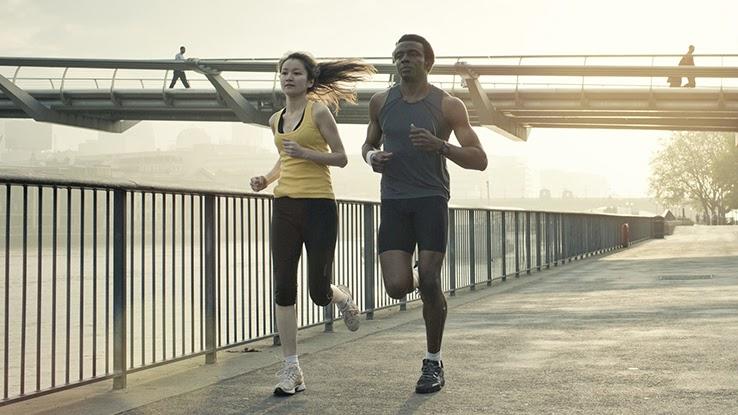
Hiking, skiing and wakeboarding, for example, are enjoyable activities, and they also have many cardiovascular benefits. It’s important not to ignore the physical benefits of outdoor recreation; getting enough physical activity is vital for your health and could actually prevent premature death, according to the Centers for Disease Control and Prevention. Exercising regularly also keeps up your flexibility, muscle tone and strength.
If you’re looking for a recreational activity that gets your blood pumping and your mind focused, consider hiking, running, walking, swimming or biking. Even a low-impact activity such as bird-watching has some physical benefits: Taking a walk gets your body moving, and getting fresh air can improve your health in numerous ways. Common outdoor recreational activities you can try that’ll help you get in a good workout or simply enjoy nature include:
- Running
- Walking alone, with a pet or with friends
- Bicycling the neighborhood or local trails
- Swimming
- Rock climbing
- Paddleboarding
- Playing tennis
- Scuba diving
- Kayaking
Recreation’s Effects on Our Moods and Mental Health
In addition to the physical benefits, recreational activities can also do wonders for your mental health. Time spent outdoors has been shown to reduce stress and anxiety levels. Outdoor activities can boost your mood as well. Getting outside and doing what you love grounds you and resets you for the day. Whether you’re white-water rafting, skiing, fishing or jogging, these activities offer you time to unwind.
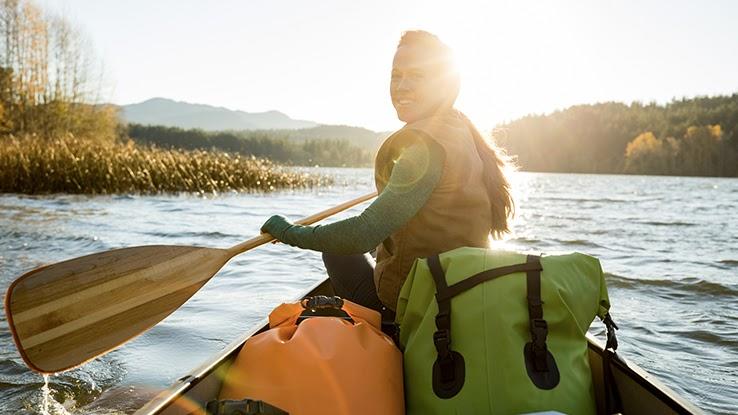
Sunshine, vitamin D and fresh air are actually recommended as part of a healthy routine. When it comes to urban planning, dense cities pay close attention to the number of trees they plant in new developments or highways for this reason. There’s a direct link between being outdoors and experiencing depression and anxiety. Some other mental benefits of recreational activities include:
- Improved mood
- Better sleep quality
- Help with depression
- Reduction in anxiety and stress
- Opportunities for companionship
- Boost in endorphins
Recreational Activities Increase Social Interaction
Another amazing benefit of recreational activities is the social interaction that often comes along with participating in them. While there are plenty of activities you can do alone, there’s also a lot you can do with or around people.

In today’s climate of social distancing, outdoor recreational activities have been lifelines for people to connect and spend time together safely. Going on a hike with someone or taking a paddle in a canoe is a great way to connect. Not only are you getting all the physical and emotional benefits of being outdoors, but you’re also experiencing an emotional connection.
For families, recreational activities are a great way to spend time together. You’ll get much-needed fresh air, exercise and time together having fun. Tennis, badminton, paddle boarding and golf are all examples of recreational activities you can do with friends or family, as are the following:
- Jogging or running
- Walking and talking
- Hiking
- Stargazing
- Boating
- Skiing
- Hunting for seashells
- Playing co-ed team sports
- Horseback riding
- Bowling
- Playing tennis
- Backpacking
- Camping
The Benefits of Recreational Activity for Kids
It’s no secret that kids benefit from time spent outdoors. What may surprise you is just how many aspects of their lives are impacted by participating in recreational activities. Playing games in the yard can help with their motor skills and hand-eye coordination, and enjoying activities with others gives them opportunities to learn to navigate social situations. Jumping, tossing balls, swimming and running can all happen outdoors. The motions involved in throwing, pulling, lifting and running help to build strength and coordination in children.
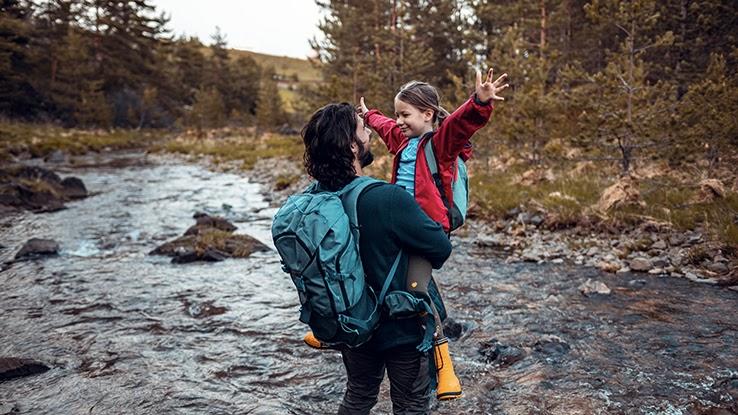
Growing up in a household where physical activity is a priority also builds healthy habits for the future. When a child sees their parents participating in recreational activities, they also want to be involved in the fun. This helps to set them up for a continued life of physical activity.
Recreational activities that involve group sports have additional benefits. Kids learn teamwork, sharing, communication and hard work, and these can be self-esteem boosters. Playing together outdoors helps kids boost their physical activity and learn how to cooperate. They nurture friendships and learn about organization and cooperation through play.
Fresh air has also been shown to reduce stress and anxiety in children. Kids get to burn off energy while enjoying the benefits of fresh air and sunshine. Getting kids away from devices helps them to improve their senses as well. Let them splash in puddles on a hike or crunch leaves. Kids can smell flowers, jump, climb and explore the outdoors while getting some physical activity and learning about the world around them.
Some great (supervised) recreational activities kids can enjoy include:
- Running while playing tag or capture the flag
- Jumping on the trampoline
- Starting swimming lessons
- Hiking with parents
- Learning to ride a bike
- Flying kites or drones
- Playing team sports
- Boating
- Taking martial arts classes
- Camping
- Skiing and snowboarding
- Gardening
- Yoga
- Horseback riding
Light Recreational Activities for Seniors
As we age, mobility and flexibility become more difficult to keep up. It’s important to stay active as much as possible to keep our strength up and maintain our balance — two factors that can help us stay independent as we get older. Even if you have some mobility limitations, it doesn’t mean you can’t get outside and enjoy the fresh air and nature; even sitting on a park bench does wonders for your soul.
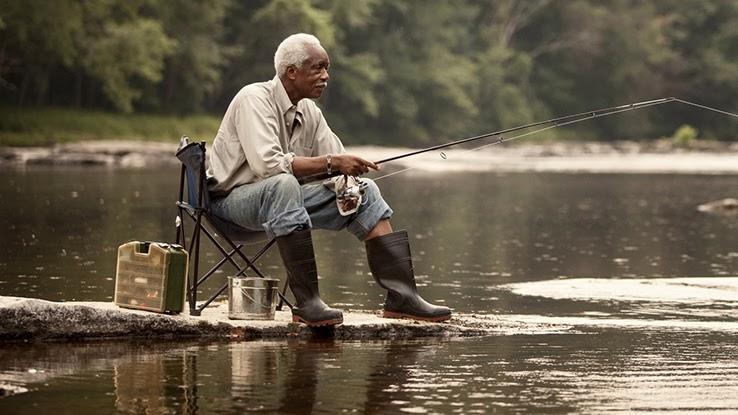
For elderly adults who want to remain active, recreational activities are great. Not all recreation involves strenuous activity that breaks a sweat, either. There are almost endless things you can do with little or no impact to your joints or strain on your muscles. Recreational activity also gives older adults a chance to get outdoors.
Bird-watching and photography are examples of recreational activities you can do while sitting, for example. Chair yoga, water aerobics and walking are other examples of activities you can do to build strength and muscle tone. These are also great for flexibility. Consider trying the following if you’re looking to ramp up your activity level:
- Walking
- Photography
- Bird-watching
- Swimming
- Painting classes
- Yoga or tai chi
- Gardening
- Golfing
- Fishing
- Volunteering





